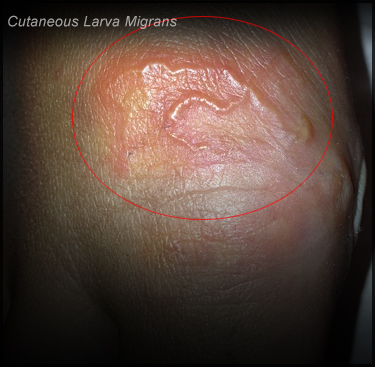What Is the Current Situation?
As of November 4, 2012, the Vietnam Ministry of Health has confirmed that approximately 134,929 people in 63 provinces have had hand, foot, and mouth disease (HFMD) since the beginning of 2012; 43 people in 15 provinces have died. Slightly more than half of the HFMD cases and 91% of the deaths have occurred in the southern region. The Vietnam Ministry of Health is working with World Health Organization to control the outbreak.
Large outbreaks of severe HFMD occur frequently in some countries in Asia. Thousands of people may get infected during these outbreaks. Some people, particularly young children, may have severe disease requiring hospitalization or even causing death. Maintaining good hygiene, including hand washing, can help lower the risk of getting sick.
What Is HFMD?
HFMD is a common viral illness that usually affects infants and children under 5 years of age. Adults can also get the disease.
Symptoms of hand, foot, and mouth disease include fever, blister-like sores in the mouth (often painful), and a rash. HFMD is spread from person to person by direct contact with the saliva, nasal secretions, blister fluid, and stool of an infected person. The virus can also be spread when an infected person touches objects and surfaces that are then touched by others.
An infected person is most contagious during the first week of the illness. However, the virus can stay in the stool for weeks after symptoms go away. In addition, people with HFMD do not always show signs of infection, but still could have the potential to spread the disease.
How Can Travelers Protect Themselves?
There is currently no vaccine or medicine to prevent HFMD. However, you can protect yourself from HFMD by practicing healthy personal hygiene.
- Wash your hands often with soap and water, especially before eating and after going to the bathroom or changing a diaper.
- Disinfect dirty surfaces and soiled items by washing items with soap and water; then disinfect them with a solution of chlorine bleach.
- Avoid close contact such as kissing, hugging, or sharing eating utensils or cups with people who have HFMD.
There is no specific treatment for HFMD. If you do develop mouth sores:
- Take over-the-counter medications to relieve pain and fever. (Caution: Aspirin should not be given to children.)
- Use mouthwashes or sprays that numb mouth pain.
- Drink plenty of liquids to stay hydrated.

